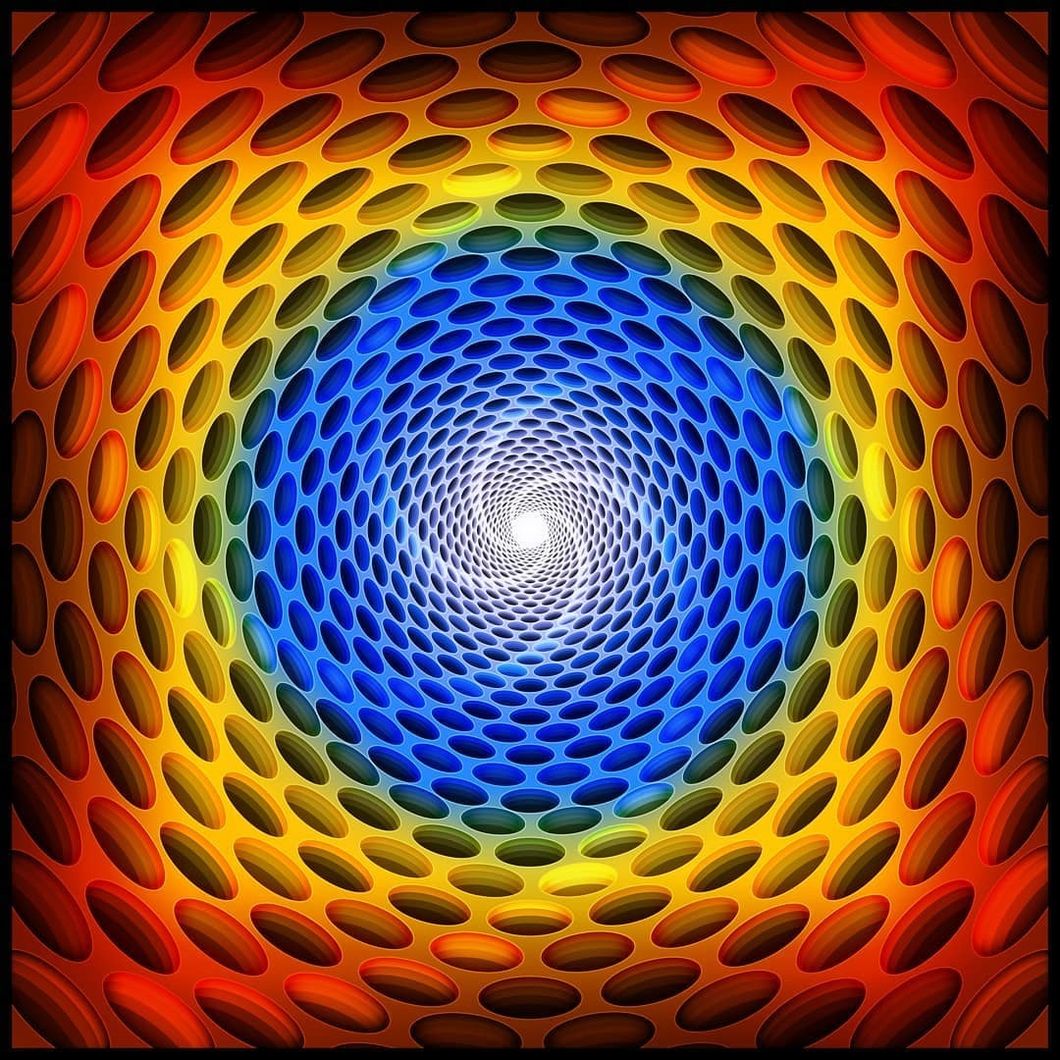Water is considered a representation of emotion when perceived as a metaphorical or dream state response. Poetry is a processing of emotion and experience through the art of the written word. In this sense, we can begin to analyze poetry as the water of the soul. A flowing from Alpine lakes of cognition down cirque streams of perception and through the watersheds of our fingertips onto the ocean of the page. This view of poetry, and the experience of written word with the writer, is large and difficult to process until the entire map has been drawn. Until the poet has a body of work which can constitute such an illustration. In this essay, we are analyzing vortexes themselves as singular units. Moments in time where the poet's body of work spirals into itself, stabilizes, and explores at the deepest levels the subject matter which the poet desires to fully understand.
With this definition, we may explore the individual poem, a series of poems, and the poet themselves as a vortex. The poem is the most microscopic perspective of these, as Giorgio Agamben states, "the point of the vortex where the radius is equal to zero, pressure is equal to 'minus infinity.'" Zoom out a little and we can begin to see a body of work as the self-encompassed vortex. A place constantly collapsing on itself and recycling back out into the known world. One more step back and we can begin to see the body of work through the experience of a writer, and more specifically, as a poet. Here, we can see the vortex as a whole, including the water surrounding it. The water "which it was and somehow still is part; an autonomous region closed onto itself which follows its own laws...It is an independent being, yet there is no drop that separately belongs to it, and its identity is absolutely immaterial."
Yet, Agamben does not simply leave his metaphor of water and vortex at the feet of those who call themselves writers. Arguably, Agamben uses this metaphor to inscribe the human experience through language as a whole, as its own vortex. That this vortex's drop is the naming of a something, "and each name is a proper or divine name." Because of the nature of a name, "we no longer say--or do not say--anything; we only call." When we choose to see the world through this lens, through this purification of language, we choose to experience the world as poets. We choose to stare into this infinite collapse and marry ourselves to it; to coil into the descent, recycle into the surrounding whole, and dive back into the next minus infinity calling our names.


















